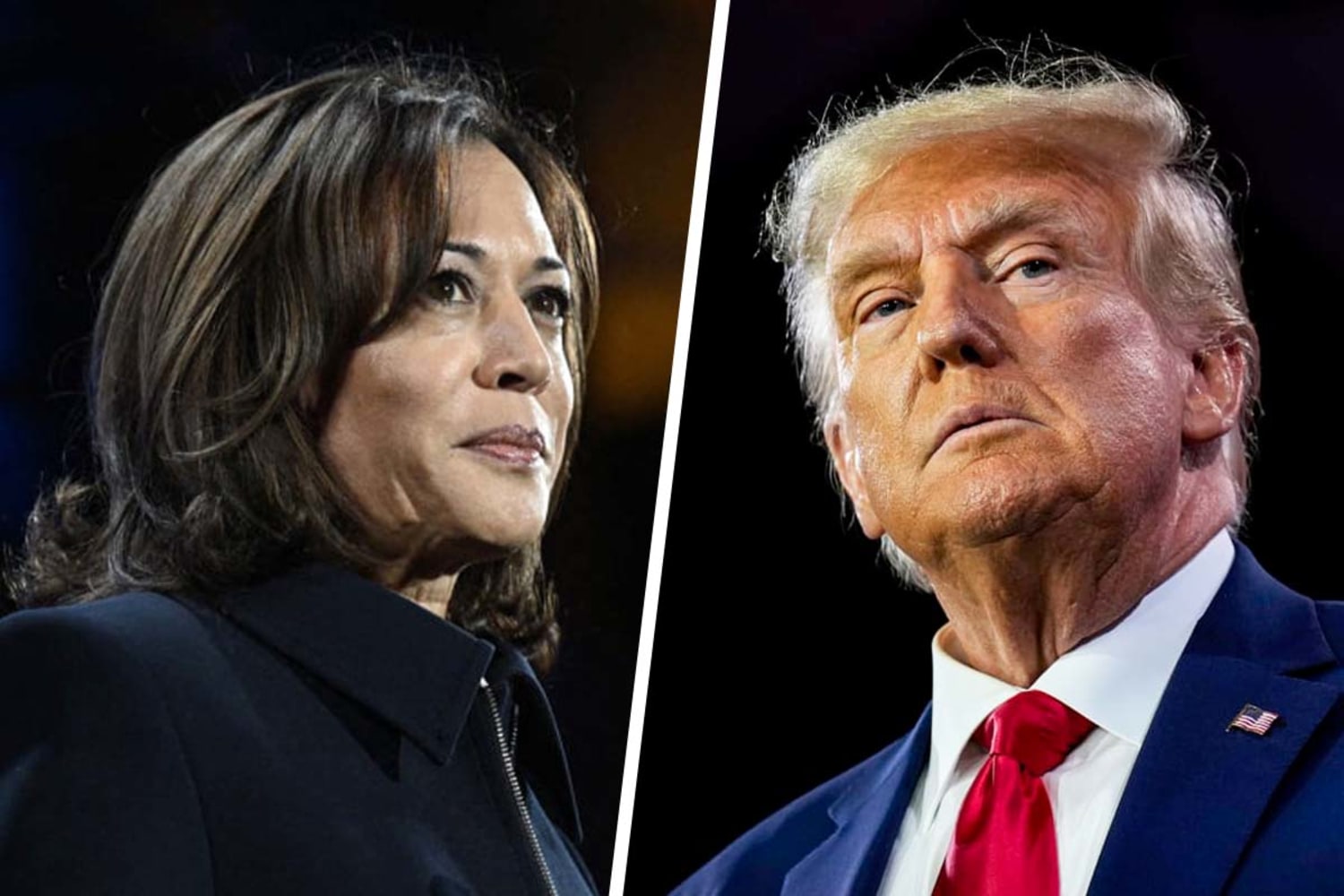
Harris' remarks come as she gears up for the 2024 presidential race, where economic policy is expected to be a central issue. She articulated her support for the Fed's independence as crucial for ensuring stable economic growth and avoiding the politicization of monetary policy. This perspective starkly contrasts with Trump’s previous actions and current campaign rhetoric, where he has criticized the Fed and its leadership for policies he claims have hindered economic growth.
During his time in office, Trump frequently targeted the Federal Reserve, particularly its Chair, Jerome Powell, whom he appointed but later criticized for not lowering interest rates to his satisfaction. Trump’s unprecedented public attacks on the Fed have raised concerns about the potential erosion of the central bank’s independence, a worry that Harris addressed in her speech. She argued that undermining the Fed could have long-term negative effects on the U.S. economy, stressing the need for a stable and transparent monetary policy free from political interference.
Harris' stance aligns with the broader Democratic view, which has consistently supported the Fed's independence as a safeguard against economic instability. Her comments also reflect growing concerns within the financial sector about the potential implications of Trump's proposed policies, should he return to the White House. Trump allies have been discussing plans to increase executive control over the Fed, a move that many experts warn could destabilize markets and undermine investor confidence.
The issue of the Federal Reserve’s independence has become increasingly politicized, with Trump’s rhetoric contributing to a broader debate about the role of the central bank in managing the economy. Harris' reaffirmation of the Fed's independence highlights a key policy difference between the two 2024 candidates, setting the stage for what is likely to be a contentious election campaign centered on economic issues.
Harris also took the opportunity to link the importance of Fed independence to broader democratic principles, arguing that attacks on the central bank are part of a wider assault on democratic institutions. She pointed to events such as the January 6 Capitol riot as examples of how undermining key institutions can have far-reaching consequences, not just for democracy, but for economic stability as well.
As the 2024 election approaches, the debate over the Federal Reserve's role and independence is expected to intensify, with Harris and Trump presenting starkly different visions for the future of U.S. economic policy. Harris' commitment to upholding the central bank’s autonomy is likely to resonate with voters concerned about economic stability, while Trump’s critiques may appeal to those who feel the Fed has been too cautious in its approach to managing the economy.
This issue, along with other economic policies, will be central to the 2024 presidential race, as both candidates seek to define their economic platforms in ways that resonate with a divided electorate. Harris' clear stance on the importance of Fed independence sets the tone for what promises to be a key battleground in the upcoming election.
Topics
World
